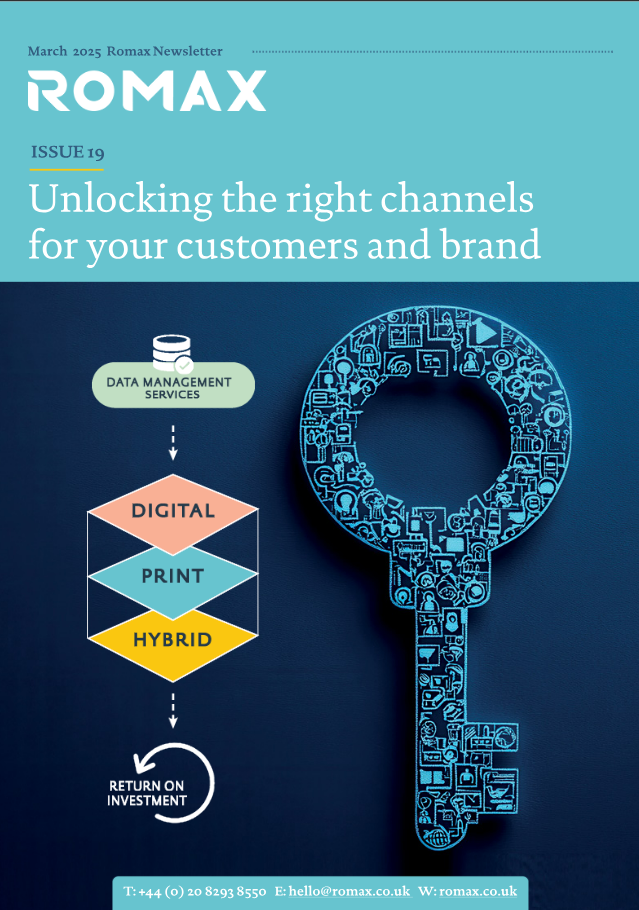Many corporate marketers today are well-enough armed with customer intelligence, spending details, and product insight, plus the advanced analytic tools for making sense of all this data, that they should have consistently good measures of marketing’s worth. But many still struggle with how to optimise the impact of their marketing budgets.
This is not to say that marketers aren’t making progress in making their investments count, suggest McKinsey & Company executives in a recently published McKinsey Quarterly article, “Measuring marketing’s worth.” But the rapidly evolving worlds of social media and mobile communications, as wonderful as they are in reaching consumers, throw quite a kink into marketing’s measurement know-how. These areas are ripe for innovation, but harder to assess for impact.
The McKinsey executives suggest marketers rely on the power of five basic questions to help keep their efforts on track. The five questions are:
1.What exactly influences our consumers today?
2.How well informed (really) is our marketing judgment?
3.How are we managing financial risk in our marketing plans?
4.How are we coping with added complexity in the marketing organization?
5.What metrics should we track given our (imperfect) options?
The authors provide a deep dive into each of these questions, and share interesting case study examples (unnamed, though) of how different marketing organizations have benefited from the knowledge gained through the asking and answering. Data and analytic prowess, of course, consistently come into play across the five questions. Here, however, I’d like to focus on just one of the questions, No. 2 – that being the issue of data-based decision making vs. intuition. The McKinsey executives put it this way:
Marketing has always combined facts and judgment: after all, there’s no analytic approach that can single-handedly tell you when you have a great piece of creative work.
But new media – social networking and mobile communications – has shaken senior marketers’ confidence in their judgment calls on spending and messaging. And understandably so, the authors point out: “…marketers have been perfecting the TV playbook for decades, while some of the newest marketing platforms have been around for months or even weeks.”
That everybody is struggling here makes it no less difficult for senior marketers to admit their judgments no longer matter as much as they once did. Great data and sophisticated analytics, we know, can help fill the gap. Yet integrating the information in a way that not only provides answers marketers can trust but also enables smart marketing changes is difficult, the authors say.
And so the authors counsel this: a return to what creates great marketing judgment. “Start by formulating hypotheses about the impact of changes to your marketing mix and then seek analytical evidence,” they say. And they provide an example:
One insurance company… spent a year working on a complex demand model to try to understand the impact of its growing marketing spending in light of declining sales. Yet output from the model ‘felt wrong and the analytics were too complicated for business leaders to understand.
It was only when the company articulated specific questions it was trying to answer, and designed targeted modelling exercises to prove or disprove them, that it was able to eliminate a lot of ‘noise’ in the data and uncover a clear relationship between marketing spending and business results. That’s when the internal dialogue shifted from ‘should we be spending on marketing at all?’ to ‘what’s the optimum marketing spending needed to hit our targets?’
Like most of us, the McKinsey experts profess to being excited by the possibilities of big-data and advanced analytics. But they issue this reminder: “…data remains only as useful as the expertise you bring to bear, and good judgment will remain a hallmark of the best marketers.”
They’ve certainly got a valid point, I think. How about you?
Originally appeared on All Analytics.
Contact Us
« Hollywood – Bollywood – Greenwich How to Construct the Perfect News Tweet »




